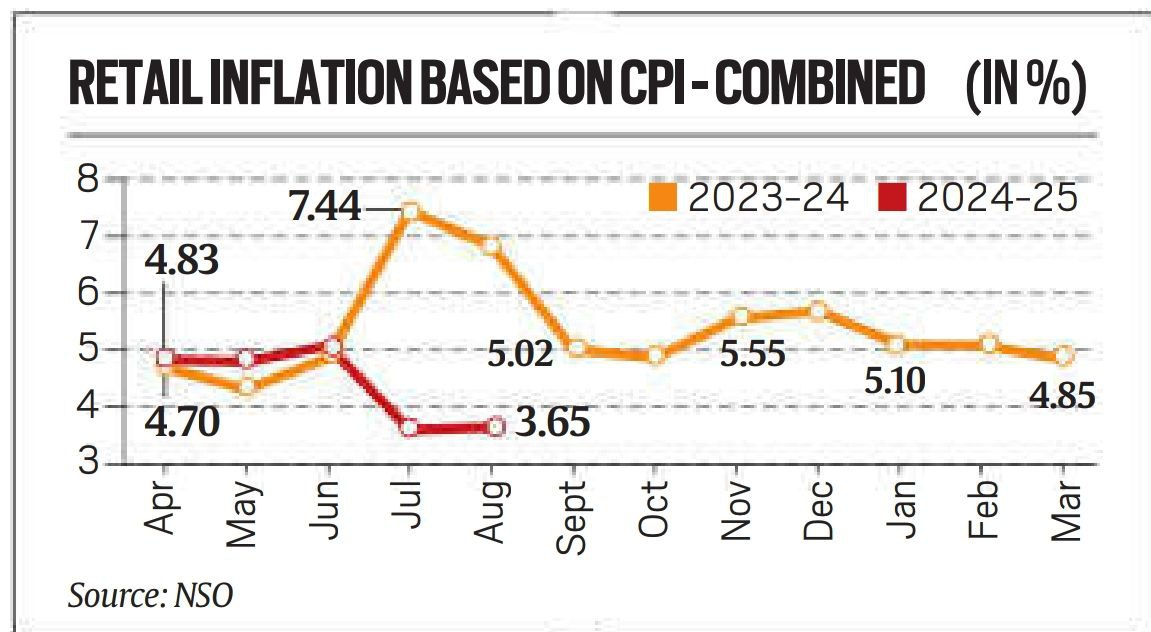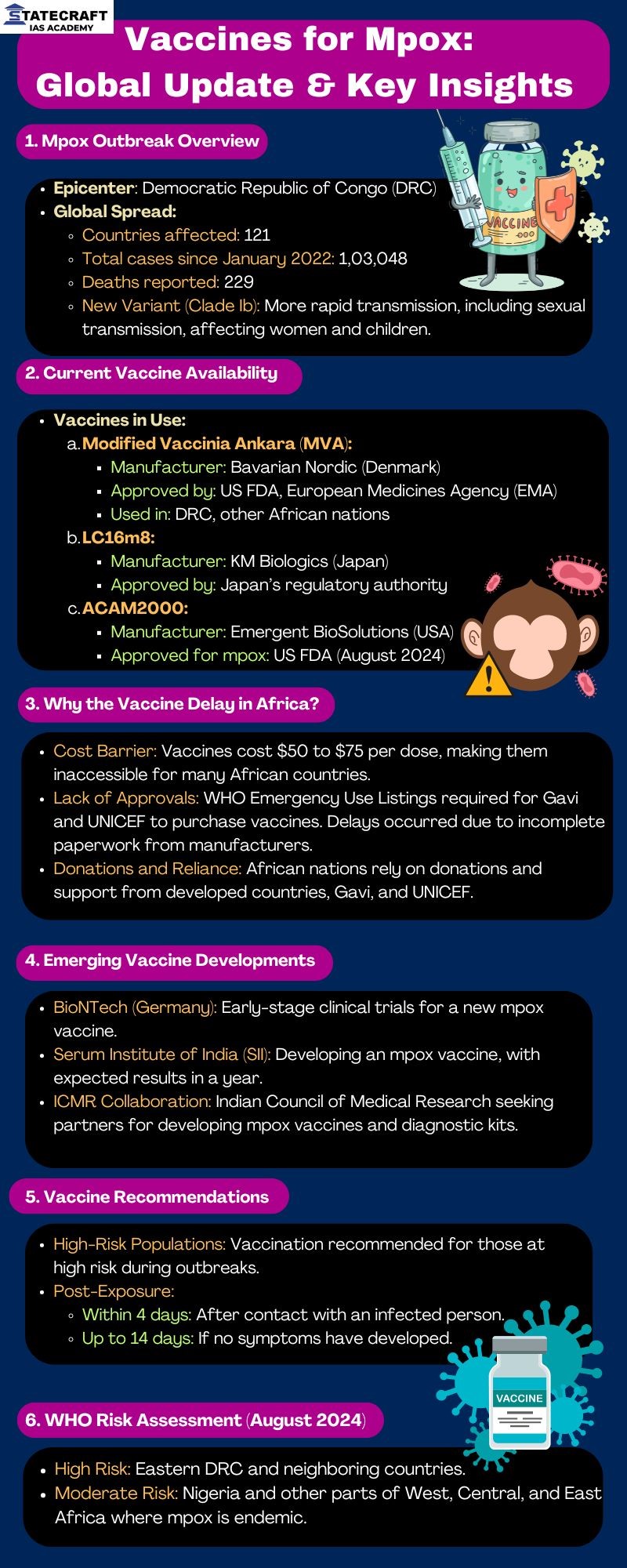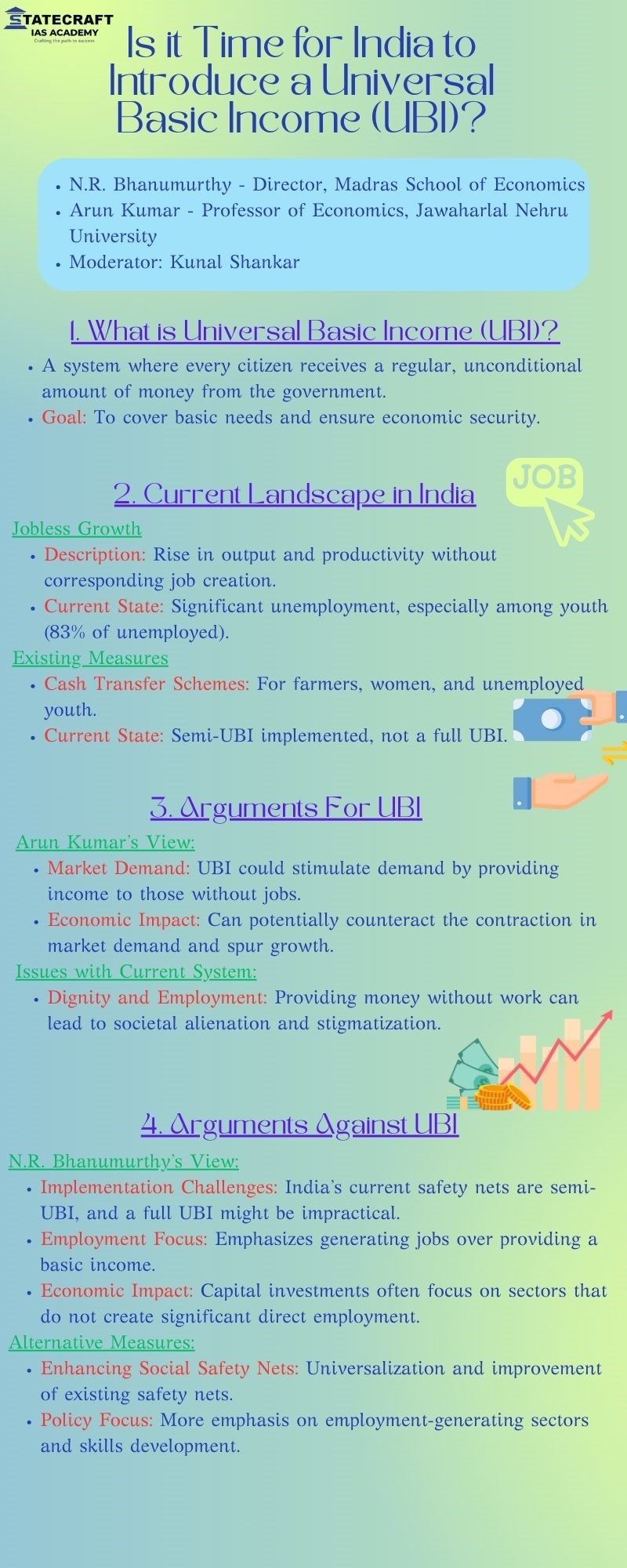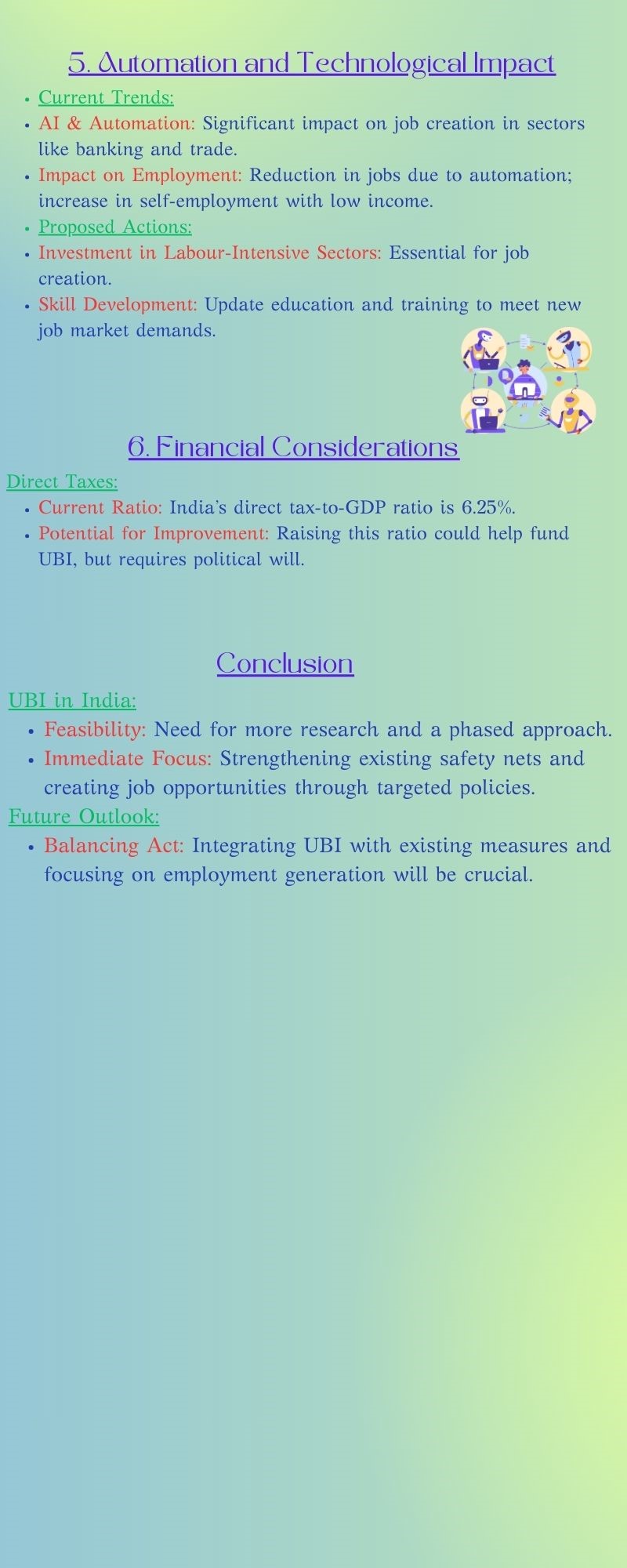1. Climate change mitigation needs funding
- Municipal Corporations & Governance
- Urban development: Constitutionally, a state subject, implying states must follow specific statutory frameworks for governance, waste management, transport, education, water, and health services.
- Challenges in funding: Municipal projects face challenges like high operating costs and limited sources of revenue, requiring innovative financial solutions (e.g., green bonds).
- Discretionary services: Some cities provide public transport services based on discretion.
- Climate Change and Urban Areas
- India’s vulnerability: India ranks high in the Climate Risk Index (2021), indicating significant exposure to climate risks like floods, wildfires, and pollution.
- Urban local bodies (ULBs): Crucial in climate resilience; however, limited capacity to raise funds for necessary infrastructure developments.
- Financial Tools for Mitigation
- Green bonds: Suggested as a financial tool for cities to raise capital for climate-related projects.
- Property tax: Low in India compared to other countries; has potential to be leveraged for urban development.
- Public-private partnerships: Encouraged to bridge funding gaps in urban projects.
- Sustainable Urban Development
- Compact cities: Promoted through the concept of “15-minute neighbourhoods,” reducing travel and promoting walking for daily tasks.
- Water management: ULBs urged to treat and recycle wastewater for industrial and non-drinking uses.
- Challenges in Municipal Operations
- Lack of resources: Municipal bodies face limitations in land and road management, inadequate personnel, and difficulty in maintaining basic services.
- Need for better market access: Cities are encouraged to explore capital markets for funding climate mitigation and adaptation measures.
- Civic Amenities and Governance
- Critical civic services: ULBs responsible for births, deaths, marriage certificates, water supply, etc., have been highlighted as needing reform in their service delivery mechanisms.
Demand for enhanced services: As cities grow, demand for basic infrastructure like roads, sanitation, and health facilities increases, pressuring municipalities.
2. Retail inflation edges up to 3.65% in August fuelled by rising food prices
- Retail Inflation Trends
- August 2024 Inflation: Retail inflation rose to 65% in August, up from 3.60% in July, driven mainly by rising food prices.
- Food Prices: Contributed significantly to inflation, especially perishables like vegetables and fruits.
- Comparison with July: August saw a rebound in food inflation after a low of 42% in July, where inflation was 5.66% for August based on the Combined Food Price Index (CFPI).
- Core Inflation
- Non-food, Non-fuel Inflation: Core inflation remained steady at 34%, while personal care and services rose to 7.79%.
- Fuel & Miscellaneous Categories: Inflation in these areas remained lower, keeping overall inflation in check.
- Industrial Output (IIP)
- July 2024: Factory output, as measured by the Index of Industrial Production (IIP), grew by 8%, up from a five-month low of 4.7% in June.
- Sectoral Contributions: The manufacturing sector contributed 6% of IIP, and there was growth in electricity generation and industrial activities.
- Inflation Outlook
- Food Inflation Projection: High inflation in pulses and vegetables, with pulses reaching 6% and vegetables at 10.71% in August, are likely to influence future inflation.
- Monsoon Impact: Favorable monsoon conditions could improve the inflation situation in post-harvest months starting from October 2024.
- RBI’s Inflation Target
- 4% (+/-2%) Target: Inflation remains within the Reserve Bank of India’s (RBI) medium-term target range of 4% ±2%, offering the central bank flexibility in monetary policy.
- Monetary Policy Expectations: The U.S. Fed’s decisions on interest rates might impact RBI’s stance on rate cuts.
- Future Projections
- Short-term Inflation: Analysts expect headline inflation to remain within the range of 8-5% in September and October 2024.
Factory Output Forecast: Expected to see a rise from September due to better kharif harvest and a reduced base effect from 2023 figures.






